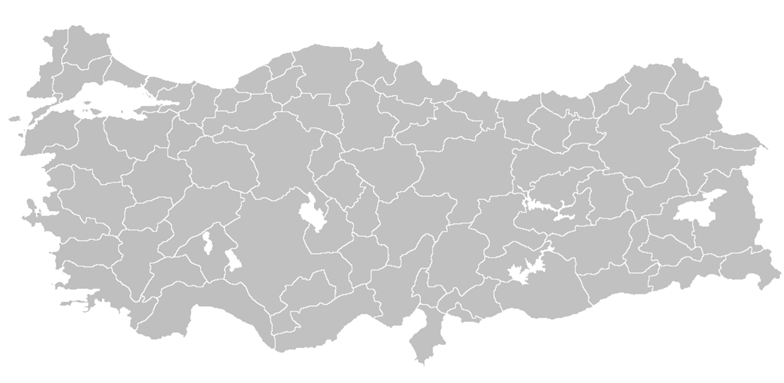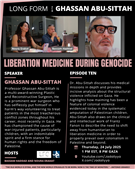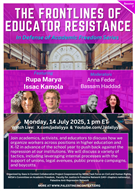[The following letter was issued by the American Politica Science Association on 18 January 2016 regarding recent infringments on academic freedom in Turkey]
Letter to Turkish President Recep Tayyip Erdoğan regarding academic freedom in Turkey
January 18, 2016
H.E. Recep Tayyip Erdoğan
President of the Republic of Turkey
T.C. Cumhurbaşkanlığı Genel Sekreterliği
06689 Çankaya, Ankara
Turkey
Via Email: cumhurbaskanligi@tccb.gov.tr
President Erdoğan:
On behalf of the American Political Science Association, we write to express our alarm and deepest concern regarding reports of punitive measures, including detentions and criminal investigations, launched against Turkish academics who signed a petition addressing Turkish government policies in southeastern Turkey. We urge you to end these measures against the petition’s signatories, to ensure the safety and well-being of scholars in Turkey, and to ensure academic freedom remains a component of Turkey’s commitment to higher education.
The American Political Science Association is a scholarly association that represents more than 13,000 U.S. and internationally based professors and students of political science. Our membership includes scholars within Turkey and scholars of Turkish politics.
We understand from media reports that Turkish government officials and the Council of Higher Education (YÖK) denounced the peace petition and its over 1000 signatories, including scholars of politics and political science. We further understand that Turkish officials have associated the petition with support for terrorism, and 27 signatories were detained by Turkish police on Friday morning and held for the day. Reports also indicate that criminal investigations of signatories are ongoing, in connection to provisions in the Turkish Penal Code on insulting the Turkish nation, Turkish Republic, and Turkish institutions, “inciting hatred and enmity,” and “terrorist propaganda.” We also understand that following YÖK’s January 12 statement on the petition, multiple universities launched investigations against signatories and several scholars have met with punitive actions within the academy.
Without any further (or contradictory) information, these measures appear to be punishment for protected expression, including expression related to signatories’ professional competence as scholars. Dismissals, detentions, and criminal investigations for such comments therefore suggests retaliation against scholars for nonviolent exercise of academic freedom and free expression, both recognized under international standards including the Universal Declaration of Human Rights. The International Covenant on Civil and Political Rights and the European Convention for the Protection of Human Rights and Fundamental Freedoms, both of which Turkey has ratified, similarly require the government to uphold citizens’ freedom of expression, as does Turkey’s own Constitution.
We respectfully urge the Government of Turkey to take all steps to fulfill its duties to protect free expression and academic freedom by ending all measures to penalize signatories of the petition. We also urge the Government to ensure signatories are protected against public threats of bodily harm that have been made against them.
Sincerely,
Jennifer Hochschild
President
David A. Lake
President-Elect
Rodney Hero
Immediate Past President
Steven Rathgeb Smith
Executive Director
Cc:
Bekir Bozdağ
Minister of Justice
06669 Kizilay
Ankara, Turkey
Fax: +90 312 419 3370
The Honorable John F. Kerry United States Secretary of State
U.S. Department of State 2201
C Street NW Washington, DC 20520
Ambassador Serdar Kılıç
Turkish Ambassador to the United States
2525 Massachusetts Avenue, N.W. Washington, D.C. 20008
Fax: 202-612-6744
Email: embassy.washingtondc@mfa.gov.tr
Ambassador John Bass
American Embassy Ankara
110 Atatürk Blvd.
Kavaklıdere, 06100 Ankara – Turkey
Fax: (90-312) 467-0019
Email: webmasterankara@state.gov
Ms. Victoria Nuland
Deputy Assistant Secretary for Near Eastern Affairs U.S. Department of State
Fax: 202-736-4462
The Honorable Zeid Ra’ad Al Hussein
United Nations High Commissioner for Human Rights
Office of the United Nations High Commissioner for Human Rights
Palais des Nations, CH-1211 Geneva 10, Switzerland


















